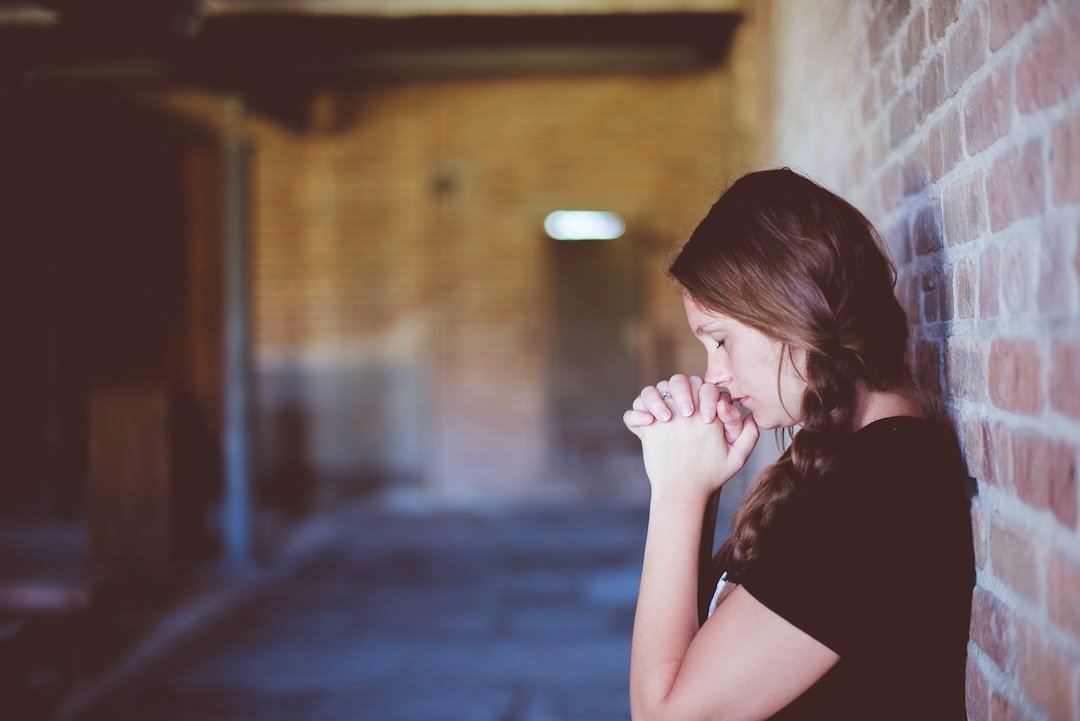The Significance of Faith in Building Resilience and Overcoming Tragedy
Faith, in its many forms, has long been recognized as a powerful force that helps people navigate through life’s challenges. It provides a sense of purpose, hope, and inner strength during difficult times. Regardless of religious affiliation, faith plays a significant role in building resilience and overcoming tragedy. This blog post delves into the deeper significance of faith and how it can be a source of solace and resilience for individuals facing adversity.
When tragedy strikes, whether it be the loss of a loved one, a natural disaster, or a personal setback, faith can serve as a guiding light. It offers comfort and a sense of connection to something greater than oneself. Believing in a higher power or an unseen force can instill a sense of hope that there is a purpose behind the pain and that a brighter future lies ahead.
Faith provides an anchor during troubled times, helping individuals find stability and resilience amidst chaos. It helps to develop coping mechanisms and the ability to bounce back from adversity. When we have faith, we develop the belief that no matter how challenging our circumstances, we have the internal resources to overcome them. Faith infuses us with the conviction that we are not alone in our struggles and that there is always a silver lining waiting to be found.
Additionally, faith encourages an attitude of gratitude, which is essential in building resilience. It teaches us to be grateful for what we have, even in times of difficulty. Gratitude shifts our focus from what we lack to what we possess, allowing us to find happiness and contentment in the smallest of things. This mindset can greatly contribute to our ability to cope with tragedy and bounce back stronger.
Furthermore, faith provides a sense of community and belonging. Religious communities often serve as support systems, offering guidance, encouragement, and a sense of belonging to their members. These communities provide a space to share experiences, seek solace, and receive emotional support. Feeling connected to others who share similar beliefs can foster resilience, as it creates a network of support that helps individuals face tragedy with courage and determination.
It is important to note that faith is not limited to religious practices; it extends beyond traditional religious beliefs. Faith can also refer to a deep trust in oneself, in others, or in the universe. Many individuals, regardless of religious affiliation, find solace and strength in cultivating faith in their own abilities and in the interconnectedness of all things.
A profound example of faith overcoming tragedy can be seen in the story of Holocaust survivors. Despite experiencing unimaginable horrors, many survivors credit their faith as the driving force behind their resilience and ability to rebuild their lives. Faith provided them with the courage to find meaning in their suffering and motivated them to create a better future for themselves and others.
Moreover, faith encourages personal growth and transformation. Facing tragedy often prompts individuals to question their beliefs, values, and priorities. It prompts them to seek a deeper understanding of life’s purpose and to evaluate their own existence. Through this inward journey, faith becomes a catalyst for personal transformation, enabling individuals to emerge stronger, wiser, and more resilient.
One must understand that faith does not guarantee an absence of pain or tragedy. Rather, it equips individuals with the tools necessary to navigate through life’s challenges. Faith is not about pretending everything is perfect; it is about finding the courage to keep moving forward, even when times are tough.
In conclusion, faith holds great significance in building resilience and overcoming tragedy. It provides a sense of purpose, hope, and inner strength. It anchors individuals amidst chaos and guides them towards a brighter future. Whether through religious beliefs or a deep trust in oneself and the universe, faith instills a sense of resilience, gratitude, community, and personal transformation. It empowers individuals to navigate through life’s challenges, grow stronger, and ultimately find meaning and purpose in the face of tragedy.

